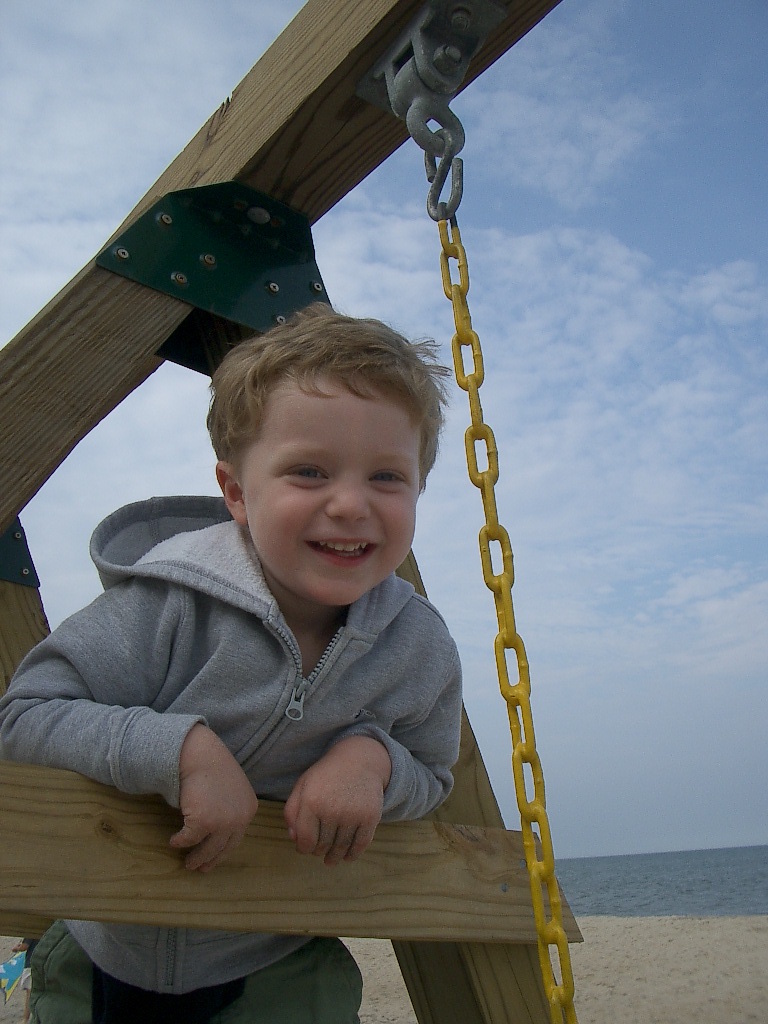While sheltering at home, we have all seen the devastation caused around the globe by COVID-19, with over 106,000 deaths since February 2020 in the U.S. alone. For almost three months now, children in the U.S. have been home trying their best to engage in online learning while having all their social and extra-curricular routines completely disrupted. And, together with their parents, they have seen our world transform overnight into one where there is a lot of uncertainty, fear, and anxiety about what our “new norm” will look like in the months ahead.
Challenging times like these, particularly for those of us that are parents, need to be re-framed as excellent teaching moments. Unfortunately, this crisis is a great lesson in just how unpredictable life can be, and the more adept you are at processing your feelings and adopting to changes, the more resilient you will be going forward.
Talk to your kids about their feelings– we are all suffering from so many losses right now, while also worrying about the future. Normalizing how your children feel is important, but you also want to provide perspective and offer good coping mechanisms. At the same time, try to gauge their level of depression or anxiety, and if there are behaviors that concern you, reach out to a child therapist for a telehealth call. Now more than ever, this invaluable resource should be at the top of everyone’s go-to list when times get tough.
In my experience, mental health professionals are an integral part of most divorce cases involving children. Working with these experts over the past two decades has taught me a tremendous amount about children’s need for a safe place to discuss with a neutral how they feel about their parents’ separation, which sometimes might come as a relief if the situation at home was toxic, but nonetheless is a huge disruption to their lives. In therapy, they work on developing good coping skills and advocating for themselves, which hopefully will serve them well long after their parents’ drama is over.
Of course, minimizing the conflict that children witness is key. Coming up with a shared narrative about the separation, which emphasizes that the divorce is NOT their fault is also important. Then, having a time-sharing plan that puts the child’s needs first is critical to ensuring a smooth transition to a two-household arrangement. To successfully accomplish this, many couples work with a family mediator or therapist, who is skilled with the development of a comprehensive parenting plan.
For those families that are now contemplating a separation during COVID-19, here are some great tips provided by a highly experienced child psychologist, Dr. Mindy Thiel for helping your children through this process:








